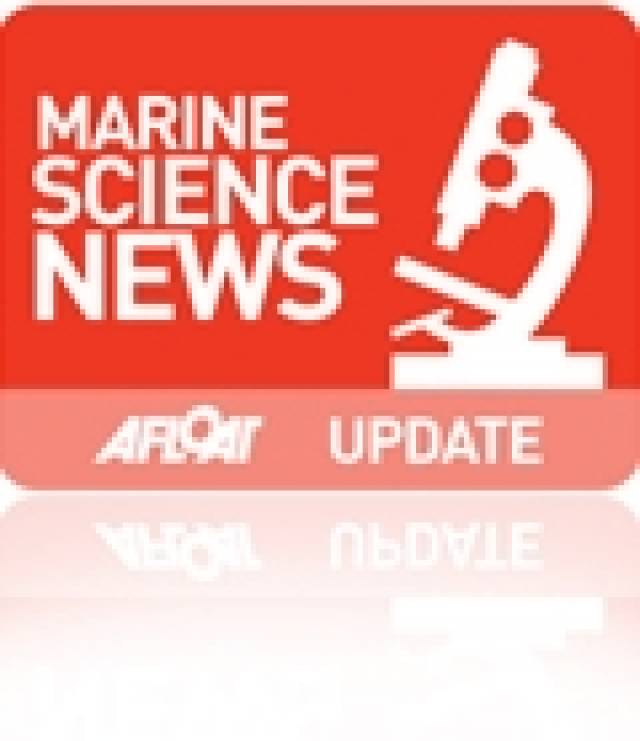#INFOMAR - The annual INFOMAR Seminar on one of the world’s largest seabed mapping programmes took place this week at the University of Limerick from 9-10 October, with updates on Ireland’s national seabed mapping programme.
Archie Donovan of the Geological Survey of Ireland highlighted INFOMAR’s recent mapping achievements saying: “We have made significant progress towards the delivery of national targets identified in our national integrated marine plan, Harnessing Our Ocean Wealth, and supporting ocean energy, marine tourism, environment, and shipping and trade development and management.”
A key focus of the conference is to bridge the gap between research and industry and the potential for innovation, research, and business opportunities from the mapping data and activities.
Among the SMEs presenting their innovations in this area were Gavin Duffy of RealSim Ltd, who presented their mapping and visualisation technology, and Francis Flannery of SonarSim Ltd who spoke about the benefits of multidisciplinary research collaboration from an SME perspective.
“There are significant scalable commercial opportunities relating to INFOMAR supported technology outputs, linking industry needs to research applicationsm," said the Marine Institute's Tommy Furey.
"The programme has already generated industry partnerships, for example, Geomar and Highland Geosolutions, and there are global opportunities for Ireland to deliver marine technology solutions, leveraging the internationally recognised INFOMAR brand."
A session on ‘Mapping Requirements & Mapping Technologies’ included a presentation on the need for mapping of Ireland’s vast and valuable seaweed resources by Dagmar Stengel of NUI Galway.
Tim McCarthy of NUI Maynooth examined the use of unmanned autonomous vehicles in seabed mapping as well as the challenges that brings.
The seminar hosted by the Mobile & Marine Robotics Research Centre included a presentation by Dr Andy Wheeler of UCC about the Moytirra Vent, a new type of hydrothermal vent, discovered onboard the national research RV Celtic Explorer in 2011 by a team of Irish and international scientists.
There was also an update on the mapping of shipwrecks and collaboration between the Underwater Archaeology Unit and the INFOMAR Programme, as well as a look at the investigation of INFOMAR-mapped shipwrecks by divers on the North Coast of Ireland.
INFOMAR is a joint venture between the Geological Survey of Ireland and the Marine Institute, and follows on from the Irish National Seabed Survey.
Covering some 125,000 sq km of Ireland's most productive and commercially valuable inshore waters, INFOMAR will produce integrated mapping products covering the physical, chemical and biological features of the seabed, and has prioritised the surveying of 26 bays and three priority areas around the coast of Ireland.
For more information visit www.infomar.ie

































































